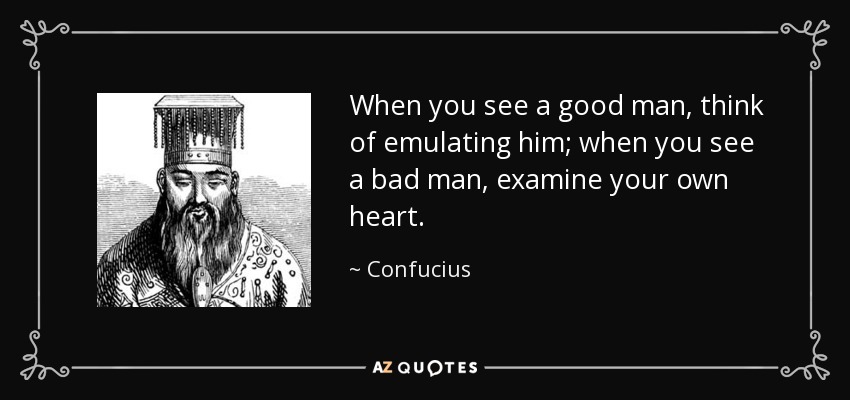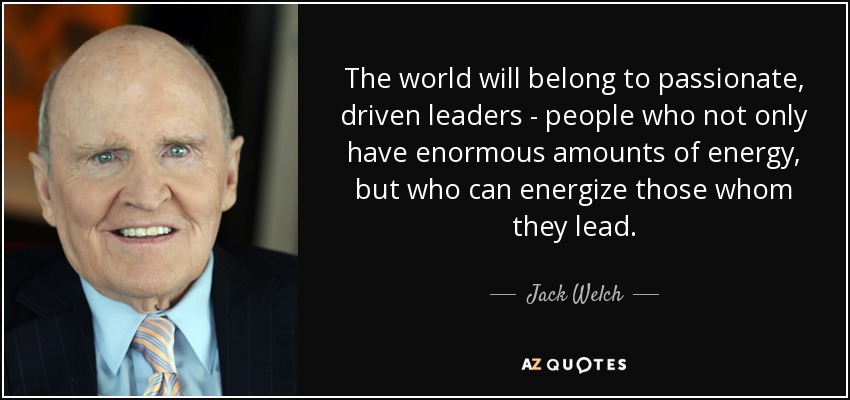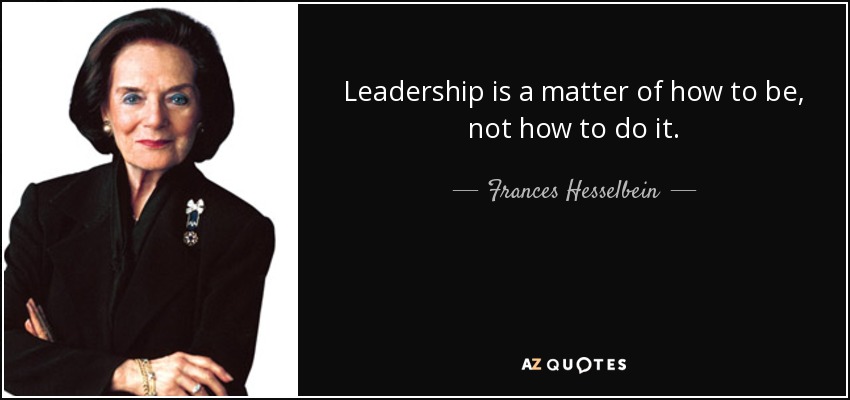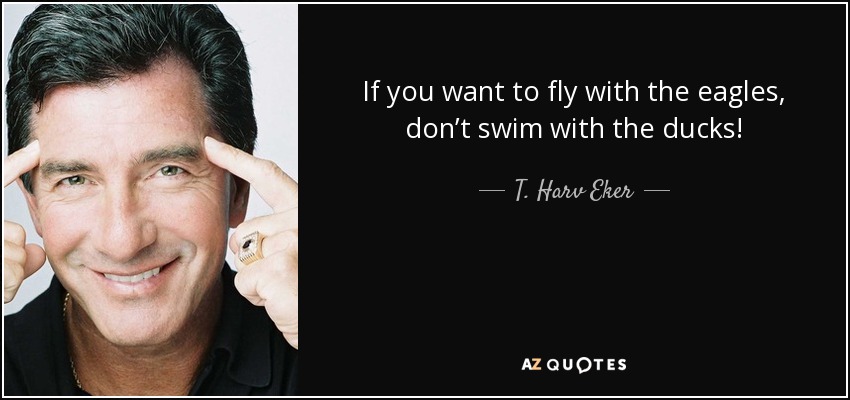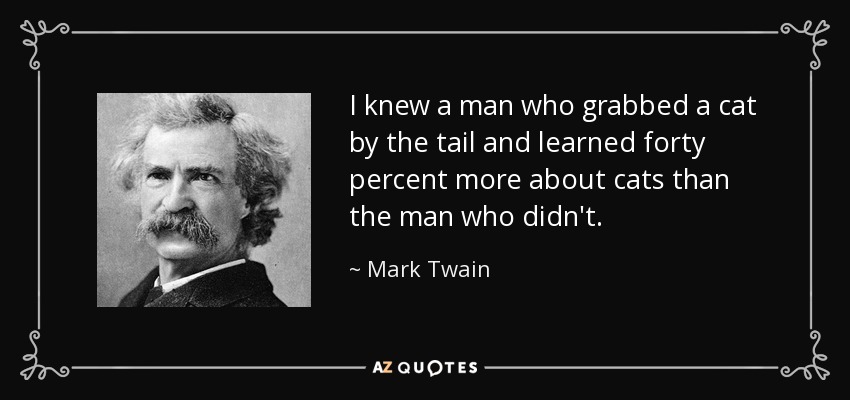Click here to return to Blog Post Intro
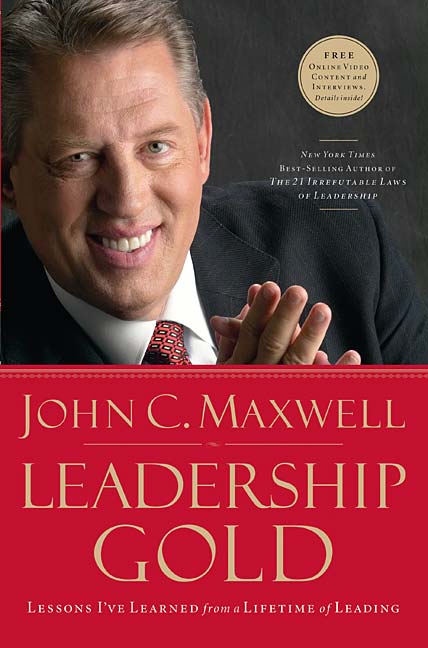
-
If it’s lonely at the top, you’re not doing something right
Loneliness is not a positional issue – it’s a personality issue. No one ever gets to the top alone. Leaders find that taking other people to the top is more fulfilling than arriving alone. A person who takes a relational approach to leadership will never be lonely.
-
The toughest person to lead is always yourself
We are harder on others than ourselves; we tend to judge them according to their actions and ourselves by our intentions.
-
Defining moments define your leadership
Defining moments put the spotlight on us… Our character isn’t made during these times—it is displayed!
How prepared are you for future defining moments?
- Ground breakers: Opportunities to do something new
- Heart breakers: Opportunities to reevaluate priorities
- Cloud breakers: Opportunities for a clear vision
- Chart breakers: Opportunities to go to a new level
-
When you get kicked in the rear, you know you’re out front
When you’re getting discouraged as a leader, think of Moses. He led a million complaining people for 40 years and never arrived where he was supposed to go. Know yourself as a leader. What are your deficiencies? How secure are you as a leader? How can you properly process criticism?
-
Never work a day in your life
Following your passion is the key to finding your potential.
-
The best leaders are listeners.
One study indicated that we spend half our time listening (4 hours in a workday), hear half of what is being said (2 hours), listen to half of what we hear (1 hour), understand half of it (30 minutes), believe half of that (15 minutes), and remember half of that (less than 8 minutes). So, if you’re not spending at least 80% of your time listening, try to improve!
-
Get in the zone and stay there
Success is: knowing your purpose in life; growing to your maximum potential; and sowing seeds that benefit others. Jim Sundberg (former Catcher for the Texas Rangers) said, “Discover your uniqueness, then discipline yourself to develop it.”
Frances Hesselbein, Chairman of the Board of Drucker’s Leader to Leader Institute said, “Organizations exist to make people’s strengths effective and their weaknesses irrelevant. And this is the work of effective leaders.”
-
A leader’s first responsibility is to define reality
In his book Jack: Straight from the Gut, Jack Welch provided six pieces of advice for leaders:
- Control your destiny, or someone else will
- Face reality as it is, not as it was or as you wish it were
- Be candid with everyone
- Don’t manage, lead
- Change before you have to
- If you don’t have a competitive advantage, don’t compete
In the business best-seller Good to Great, Jim Collins said, “You absolutely cannot make a series of good decisions without first confronting the brutal facts.”
-
To see how the leader is doing, look at the people
Larry Bossidy, Co-Author of Execution, wrote, “The development of new leaders is not only the key to profitability, it is also very satisfying in terms of feeling like you’ve left a legacy, not just an income statement. The question is often asked, ‘How am I doing as a leader?’ The answer is how the people you lead are doing. Do they learn? Do they manage conflict? Do they initiate changes?”
Good leaders inspire followers to have confidence in them. Great leaders inspire followers to have confidence in themselves.
-
Don’t send your ducks to eagle school
If you send your ducks to eagle school, you will frustrate the ducks, the eagles, and yourself.
In his book Growing Strong in the Seasons of Life, Charles Swindoll tells this story, “Animals organized a school and all animals had to take all classes: running, climbing, swimming, and flying. The duck was excellent in swimming but had to practice running (wearing out his webbed feet). The rabbit was top runner but developed a twitch in his leg for all of his swimming practice. The squirrel was a strong climber but developed charley horses and got a C in climbing and D in running.”
As a leader, you should always challenge people to move out of their comfort zones but never out of their strength zones.
-
Keep your mind on the main thing
Leaders must make the transition from a doer of many things to a leader of few things by changing their mindset as follows:
- Determine not to know everything
- Determine not to know everything first
- Let someone represent you
- Stay with your strengths—rather than work on your weaknesses
- Take charge of what needs your time & attention
If you simplify your life, you will become more focused, possess more energy, and experience less stress.
-
Your biggest mistake is not asking what mistake you’re making
When it comes to success, it’s not the number of mistakes you make; it’s the number of times you make the same mistake.
In his book It’s Your Ship, Michael Abrashoff explained, “Whenever I could not get the results I wanted, I swallowed my temper and turned inward to see if I was part of the problem. I asked myself 3 questions: Did I clearly articulate the goals? Did I give people enough time & resources to accomplish the task? Did I give them enough training? I discovered 90% of the time, I was at least as much a part of the problem as my people were.”
Joyce Brothers said, “The person interested in success has to learn to view failure as a healthy, inevitable part of the process of getting to the top.”
The value of asking “What are we missing?” is forcing everyone to stop & think.
-
Don’t manage your time—manage your life
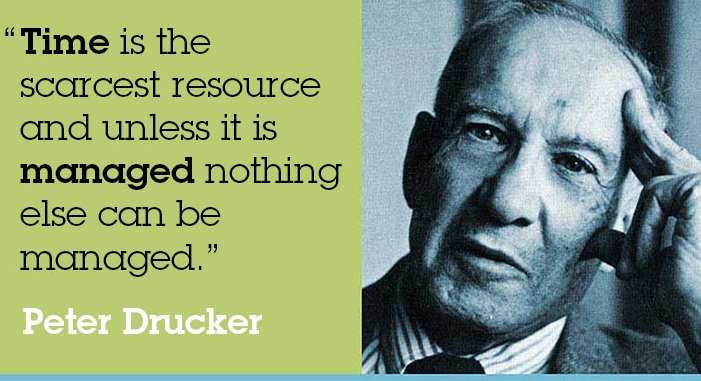
Peter Drucker asserted, “Nothing else distinguishes effective executives as much as their tender loving care of time.”
People who manage themselves poorly: (1) Undervalue their uniqueness doing what others want them to do; (2) Ruin their effectiveness by doing unimportant things; and (3) Reduce their potential by doing things without coaching or training.
-
Keep learning to keep leading
What is your plan for personal growth? To grow, you have to be intentional. In his book Winning with People, Maxwell described the Learning Principle as “Every person we meet has potential to teach us something.”
Maxwell’s growth regimen is to read daily to grow in his personal life; listen daily to broaden his perspective; think daily to apply what he’s learned; and file daily to preserve what he learns.
He urges leaders to create a growth environment for the people you lead.
-
Leaders distinguish themselves during tough times
95% of the decisions a CEO makes can be made by a reasonably intelligent high school graduate. But CEOs don’t get paid for those decisions; they get paid for the other 5% (the tough calls)!
Are you playing it too safe as a leader? Are you willing to quietly make the right decisions for the sake of your people or the good of your organization, even knowing you will be criticized for them?
-
People quit people, not companies
Some estimate as many as 65% of people who leave companies do so because of their managers. Leaders need to inspire confidence, and they do that, not with charisma, but with competence.
Maxwell reminds leaders to:
- Take responsibility for your relationship with others
- Conduct exit interviews
- Put high value on those who work with you
- Put credibility at the top of your leadership list
- Recognize that your positive emotional health creates a secure environment
- Maintain a teachable spirit
-
Experience is not the best teacher
Experience teaches nothing, but evaluated experience teaches everything—it’s what you do with your experience that matters.
The difference between average people and achieving people is their perception of and response to failure.
How often do you pause & reflect on your experiences?
How do you record what you’ve learned?
How do you evaluate your year?
-
The secret to a good meeting is the meeting before the meeting
Meetings usually fail because either the leader doesn’t have a clear agenda, or other people in the meeting have their own agendas. The meeting before the meeting helps avoid surprises and secures buy-in.
What people see is determined by where they sit.
Set up meeting agendas with the following categories:
- Information items (don’t require discussion or comment)
- Study items (issues to be discussed openly but no decision or vote)
- Action items (only items on previous agenda as study items are eligible)
Wayne Schmidt said, “Good planning always costs less than good reacting.”
-
Be a connector, not just a climber
Leadership is relational as much as positional.
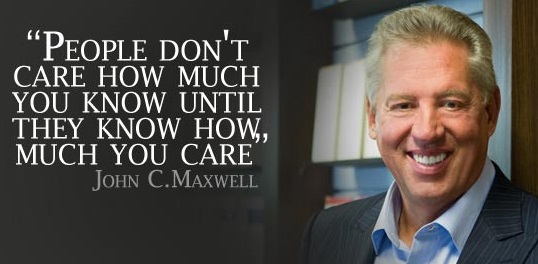
To become a better connector, walk slowly through the halls to connect with people, and stay away from your own agenda—set aside at least 15 minutes a day to make personal connections.
-
The choices you make, make you
Maxwell explains the three critical choices that made him a better leader:
- My standards for myself will be higher than what others might set for me
- Helping people is more important than making them happy
- My focus will be on the present (no rear-view mirror)
-
Influence should be loaned but never given
Over time, people started asking Maxwell to extend his influence for them. After he gladly gave it with no strings attached, he learned:
- They failed to establish their own leadership using my influence
- They took my influence for granted
- They were unable to build the organization by passing on influence to others
Influence is like an investment; and you should expect a return.
-
For everything you gain, you give up something
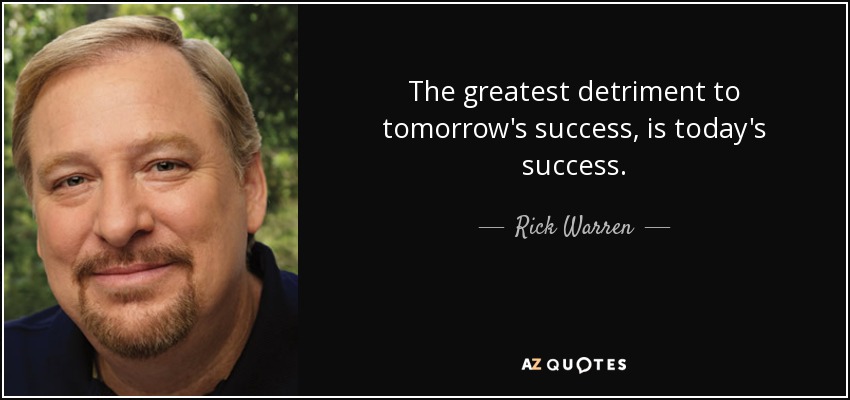
Leaders who gather followers add to what they can accomplish. Leaders who develop leaders multiply their ability.
Max DePree in Leading Without Power, said, “By avoiding risk, we really risk what is most important in life—reaching toward growth, our potential and a true contribution toward a common goal…” DePree also said, “The first responsibility of the leader is to define reality. The last is to say thank you. In between, the leader is a servant.”
What are you willing to give up for the benefit of your people & organization?
-
Those who start the journey with you seldom finish with you
Not everyone will, should, or can take the journey with you. Good leaders understand they are stewards. They find the best people they can, give them opportunity to join in the journey of developing them, and encourage them to reach their potential; but they hold on to people lightly.
People need to go to the next level for the following reasons:
- Opportunity: Give them what they need to get to the next level
- Fit: Put them somewhere else that matches their strengths
- Potential: Find out if they have the ability to improve
- Attitude: Find out if they want to go to the next level
-
Few leaders are successful unless a lot of people want them to be
Without a lot of people working together, there would be no successful leaders. It’s like the ancient Chinese proverb says, “Behind an able man are always other able men and women.”
How do you say thank you & show appreciation for people who are making you successful? Who are your mentors?
-
You only get answers to the questions you ask
Confidence can be defined as that uplifting, energizing, positive feeling that you possess—before you truly understand your situation.
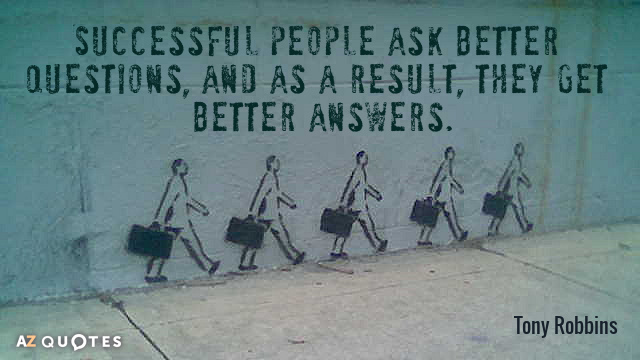
It is very easy to move from being a serving leader to being a self-serving one. You will never change your life unless you change something you do daily.
Ask yourself, “Am I taking time to think? Am I developing other leaders for a legacy?”
-
People will summarize your life in one sentence—pick it now
John Kotter says, “Most people don’t lead their lives; they just accept them.” There was a study of 50 people over age 95 who were asked, “If you could live your life over again, what would you do differently?” Here were the three most common responses:
- If I had it to do over again, I would reflect more.
- If I had it to do over again, I would risk more.
- If I had it to do over again, I would do more things that would live on after I am dead.
Charles Kettering, inventor and former head of GM research said, “The greatest thing this generation can do is lay a few stepping stones for the next generation.”
For people you’re mentoring, ask them to write out a legacy statement followed by a list of values they must embrace and actions they must take to give them the best chance of achieving that legacy.
In the end, Maxwell exhorts us, “No matter where you are in the leadership journey, keep growing, keep leading, and keep working to make a difference…”


